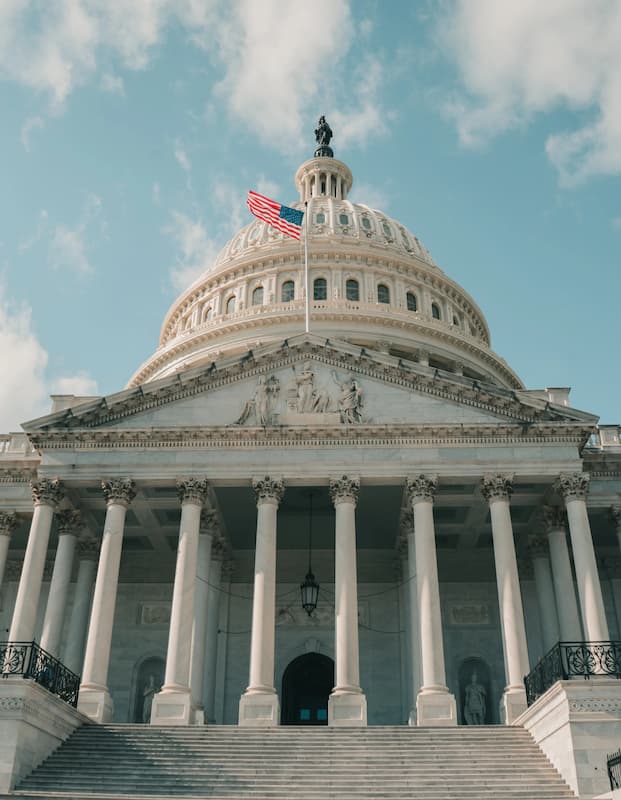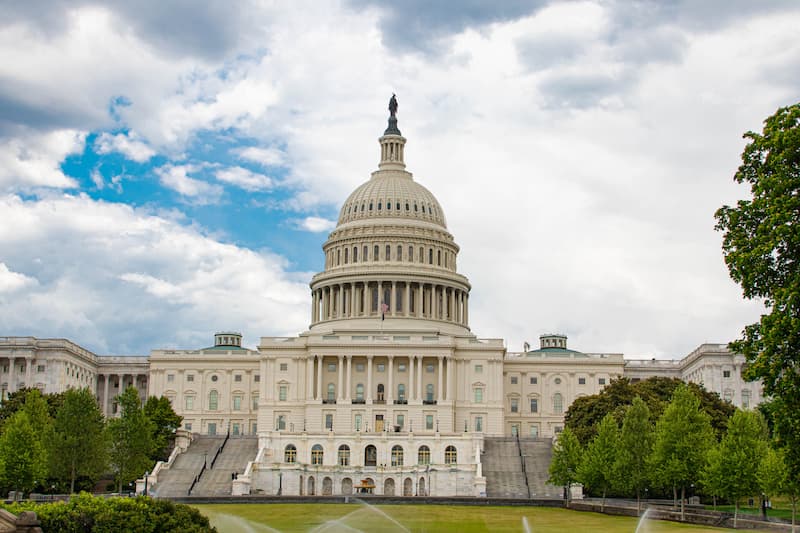Houston, we have a deal.
Over the weekend, the Republican-led House and President Biden struck a deal on the debt ceiling.
Here’s a quick rundown of the bill known as the Fiscal Responsibility Act of 2023:
- Suspend the debt limit:
The Act would temporarily suspend the current federal limit of $31.4 trillion through January 1, 2025. On January 2, 2025, the debt limit would increase to whatever level of debt has been accrued to that point, which experts indicate could push the federal debt level past $35 trillion.
Of course, this all lays the groundwork for another battle over the debt ceiling in 2025, well past the next elections.
- Cap non-defense discretionary spending:
For the next two years, non-defense spending would be capped at fiscal year (FY) 2023 levels. For eight years after that, there have been spending cap suggestions, but Congress won’t be bound by them, unlike the first two years. - Reduce the IRS budget:
The bill would immediately rescind $1.4 billion of the $80 billion provided to the IRS over 10 years by the Inflation Reduction Act. In 2024 and 2025, $10 billion each year would be redirected from the IRS to other areas of the budget. - Rollback COVID-era funding:
The bill would reclaim roughly $30 billion in funding (mostly public health funding) already provided to programs related to COVID-19 and redirect them to other areas of the budget. - Work requirements for food stamps:
Currently, individuals aged 18-49 must work, be in school, or volunteer their time to continue to receive food stamps. The bill would expand the age range of those who must satisfy work requirements in order to receive food stamps to 54. Work requirements for those in the Temporary Assistance for Needy Families (TANF) program would also be tightened.
The bill does provide exemptions for homeless veterans.
- Student loan repayment:
The bill would forbid President Biden from extending the current payment suspension and require individuals to begin making payments again no later than August 30, 2023. - “Pay-as-you-go” requirement:
Federal agencies that increase mandatory spending by more than $1 billion over 10 years or $100 million in any given year would be required to offset those costs by submitting a proposal to the Office of Management and Budget (OMB) to reduce that spending by an equal or greater amount, essentially by cutting something else.
The budget director would have some ability to exempt rule changes from the pay-as-you-go requirement.
- Energy project permitting:
In addition to a rapid approval of the Mountain Valley Pipeline in West Virginia (natural gas), the bill would reduce environmental review requirements and speed the review process to build energy infrastructure. - Avoid future government shutdowns:
Lawmakers would need to complete the 12 spending bills that make up the annual budget or face more severe spending caps, nondefense and defense budgets included, along with veterans spending, automatically shrinking them by 1% from 2023 levels. The thought here is that both sides will be motivated to pass appropriations bills by the end of the year, as those cuts are hugely unpopular.
Spending caps will be enforced for two years and then nonbinding for another four. How much this will actually cut the deficit is up for debate.
Now, will it pass? That’s the million-dollar question. This goes up for vote today. We’ll keep you posted on its progress and what happens next – particularly if it doesn’t pass. “Day X” is looming.





